
Remember when promoting religion at work could be viewed as problematic? Those days are over. The Trump administration just dropped a new rule that’s turning federal offices upside down. Starting now, government employees can pray, preach, and pass out religious materials right at their desks, and no one can stop them. Break rooms could become prayer rooms. Water cooler chats might turn into Bible studies. And that quiet coworker who never talked about their beliefs? They might become your office’s newest evangelist. Some people are excited about the new freedoms, while others worry about potential pressure or discomfort. Curious what this actually means? Here’s a simple run down.
Understanding the New Religious Expression Guidelines

Imagine walking past your supervisor’s office to see them kneeling in prayer. Picture work emails inviting colleagues to Bible study during lunch hours. These once-unthinkable scenarios are now possible because of the new rule. For the first time in decades federal employees have explicit permission to bring their faith to work. The new guidelines say workers can pray during breaks, discuss religious beliefs with willing coworkers, and even share faith-based materials. Most importantly, they’re protected from punishment for doing so.
Policy Shift Reverses Decades of Restrictions

This change didn’t come out of nowhere. For years federal workplaces operated under strict neutrality policies. Religion was treated as something too personal and potentially divisive for the office. Many workers felt they had to hide their faith to avoid problems or advance their careers. But the government’s been chipping away at restrictions on religious expression for years. Remember that football coach who fought for his right to pray on the field? That same thinking is now being applied to government offices. The administration says this is about fairness. If people can talk about politics or sports at work, why not religion?
First Amendment Win or Slippery Slope? The Legal Debate

Supporters are calling this a huge victory for constitutional rights. They argue workers should be free to live out their faith just like they can express political views or other personal beliefs. However, critics worry this change might lead to problems. They warn that although free expression is essential, there is a thin line between expressing your beliefs and making others feel pressured to follow suit. Others are afraid that this will cause some unease to employees who aren’t of the same religion or who don’t wish to mingle religion with work.
Balancing Religious Expression and Workplace Neutralitywork
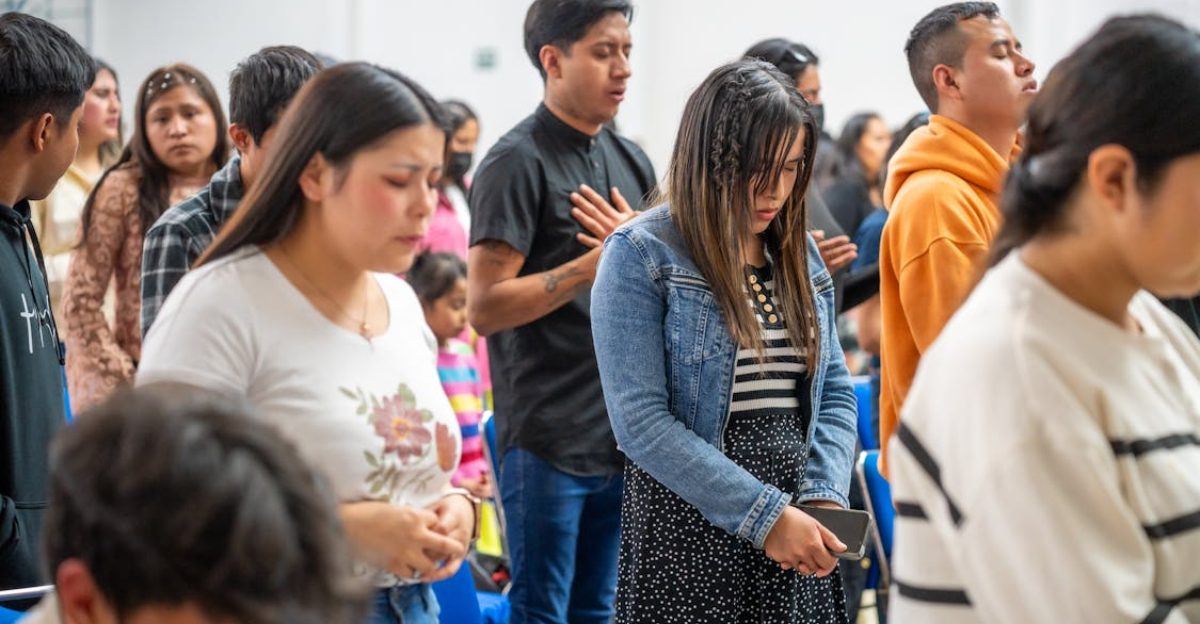
The new guidance does have some safeguards. Workers can’t harass others with unwanted religious talk. Activities can’t interfere with actual work duties. And supervisors are expected to prevent any environment where people feel pressured to participate. But putting these principles into practice won’t be simple. Imagine being the only non-Christian in a department where morning prayers become routine. Or the atheist worker who worries about career consequences if they opt out. The guidelines say coercion isn’t allowed but don’t explain how to prevent subtle social pressures.
Trump’s Religious Advocacy
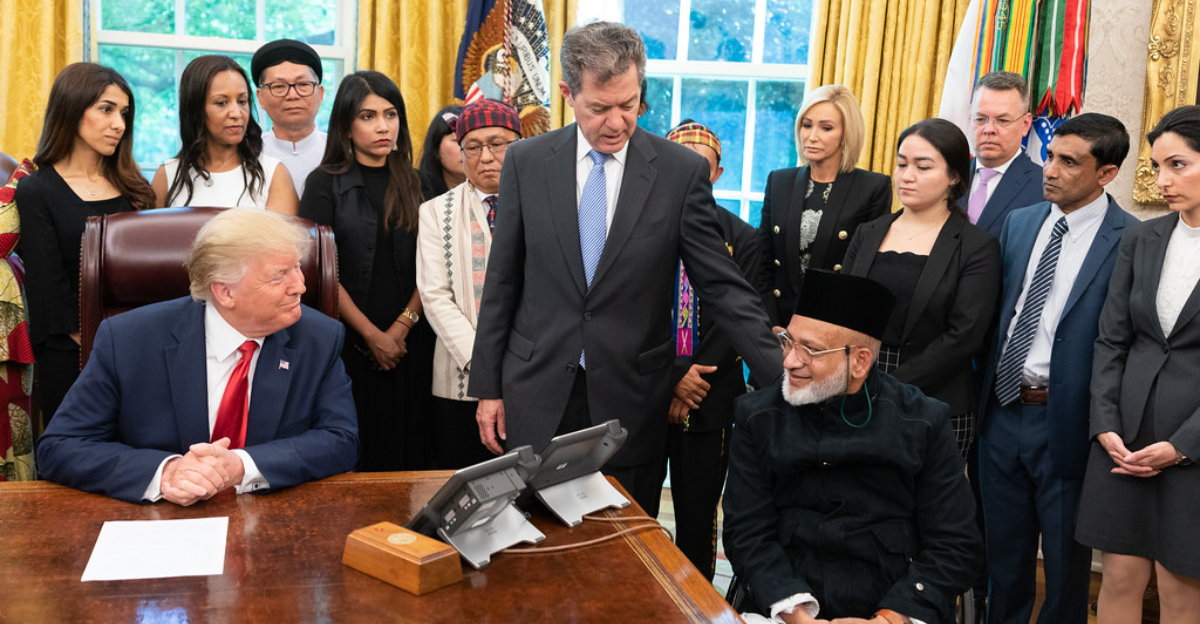
The new workplace guidance continues the administration’s focus on expanding religious expression, particularly for Christian groups. Earlier this year, President Trump established a task force targeting “anti-Christian bias” and created a Religious Liberty Commission that is focused solely on Christian concerns despite promises of broader protections. At a White House event, Trump questioned whether church-state separation remains beneficial, declaring his intent to “bring religion back” to public life. These latest workplace guidelines advance that vision, allowing faith into federal offices in unprecedented ways. While supporters celebrate restored freedoms, critics warn the changes may favor certain beliefs in government spaces traditionally meant to remain neutral.
How the Government Will Roll Out the Change
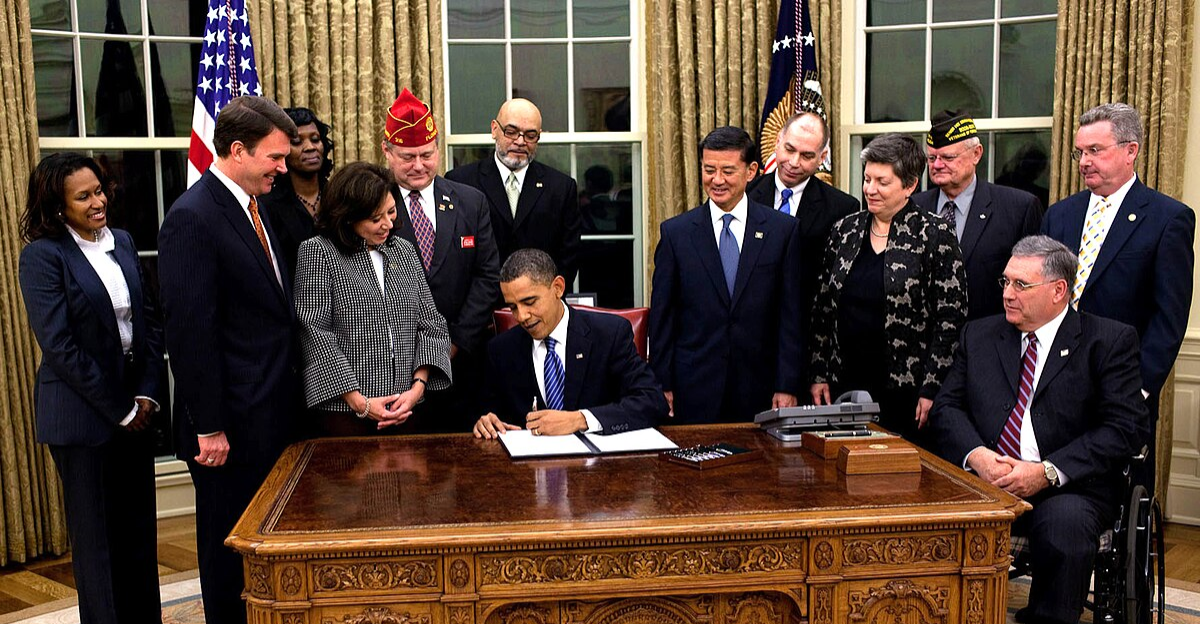
The Office of Personnel Management sent a memo to federal agency leaders clarifying employees’ religious rights at work. According to the memo, employees have a right to express their faith at work under the civil rights laws and the First Amendment. This involves talking about religion, performing group religious activities and maintaining religious artifacts such as Bibles, crosses or mezuzahs at their workstations. The guidelines specifically mention that employees can discuss their faith during breaks and even give reasons why they believe their religion is right. Nonetheless, when a coworker requests them to stop such discussions, the employee is expected to honor that request immediately.
Federal Employees Weigh In on Policy Changes

Federal workers are divided over the new religious expression rules. Some welcome the opportunity for greater personal expression, while others express concerns about potential tensions. Workers across various agencies wonder how the changes will affect daily office dynamics. Some mention feeling more comfortable being themselves, while others worry about maintaining professional boundaries as jokes are coming about “converting” coworkers. Everyone is watching closely to see how these changes affect their workplaces.
Potential Legal Challenges
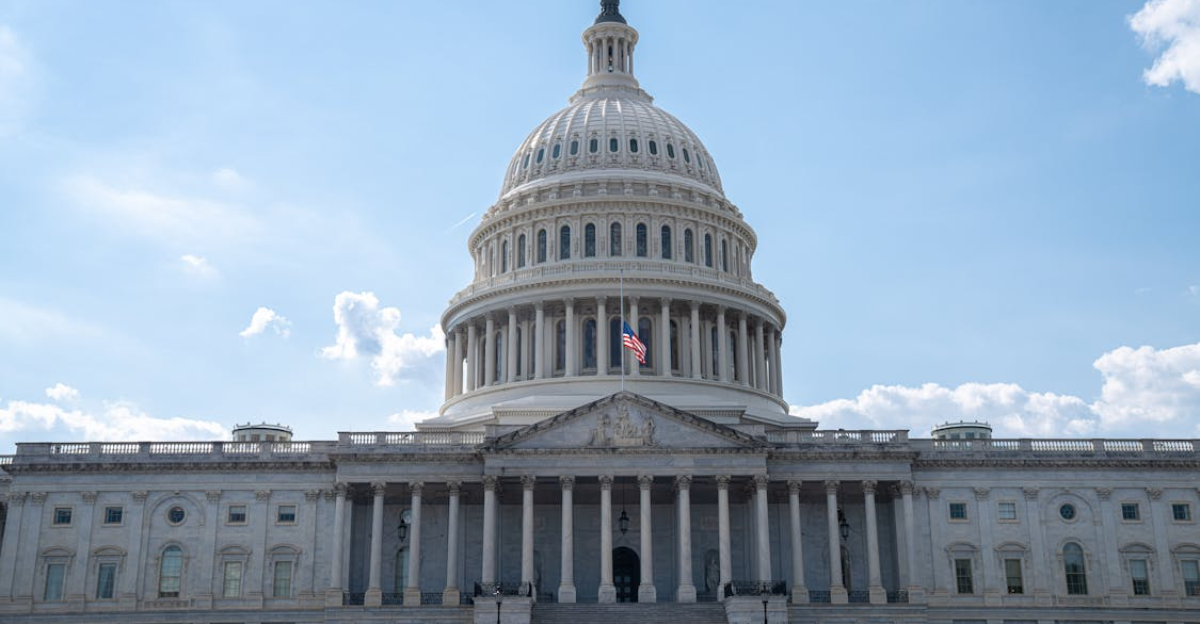
Several organizations are already discussing what possible lawsuits may happen. Some say that this violates the Establishment Clause by effectively endorsing religion in government spaces. There are past cases that suggest these legal battles could drag on for years through appeals. Some state governments might push back too. Local officials could try creating their own counter-rules to maintain secular workspaces. This might lead to a system where religious expression rights vary by agency and location.
Assessing the Impact of Expanded Religious Expression
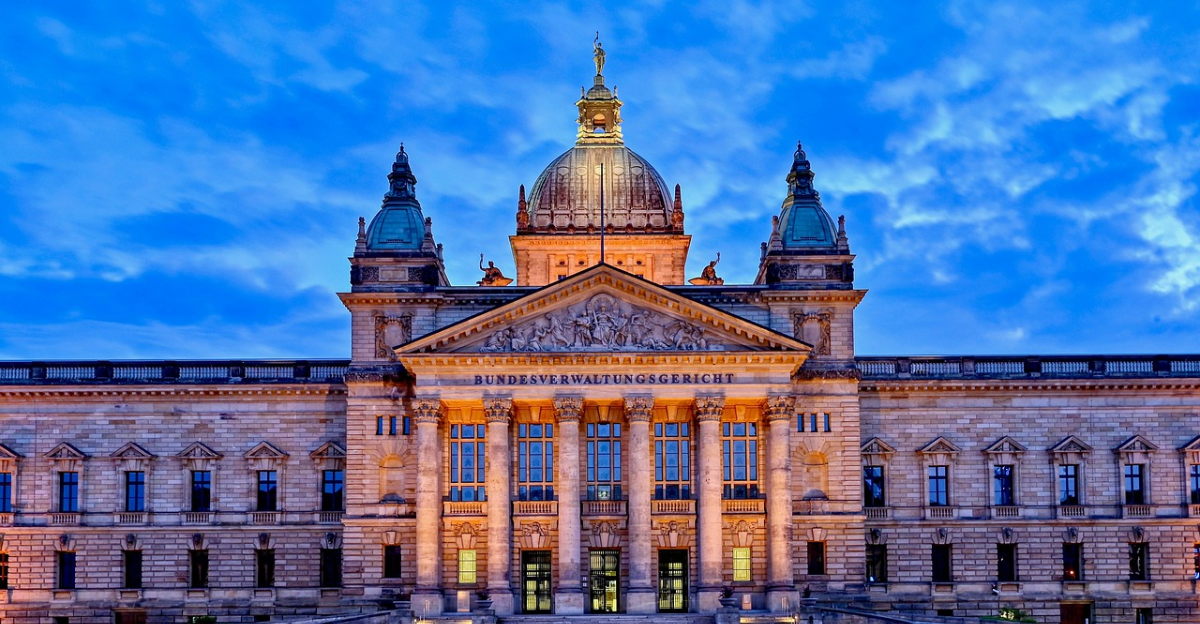
Beyond the legal stuff, this signals a major cultural shift. Federal offices have long been relatively secular spaces where personal beliefs stayed personal. Now they’ll become another front in America’s ongoing culture wars over religion’s public role. The biggest impact might be on workplace dynamics. Employees who never considered the beliefs of their peers may now be forced to do so. It remains to be seen whether this results in increased freedom as it should or causes divisions where none existed previously. However it plays out, America’s federal offices will never be quite the same again.
